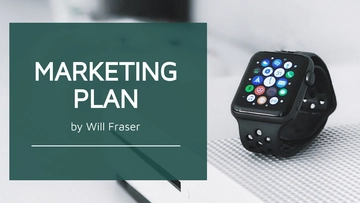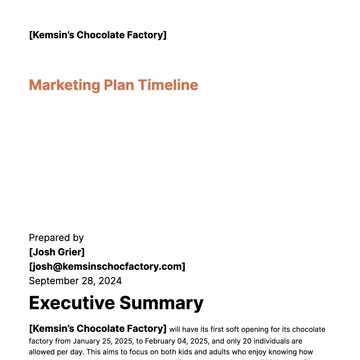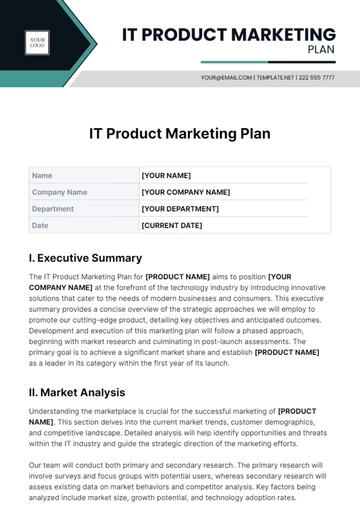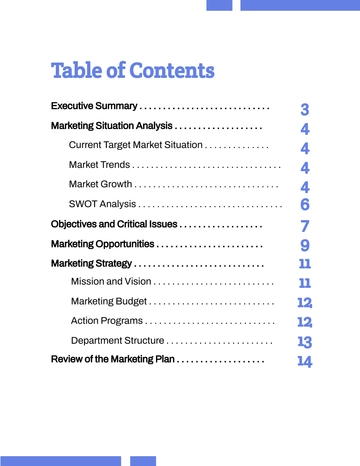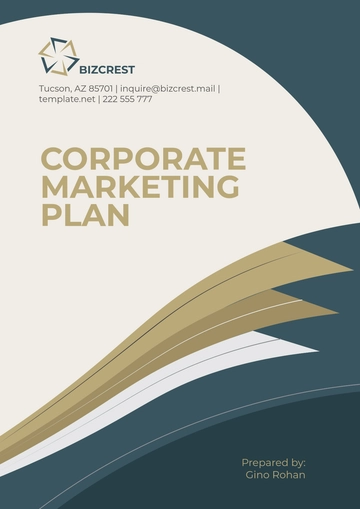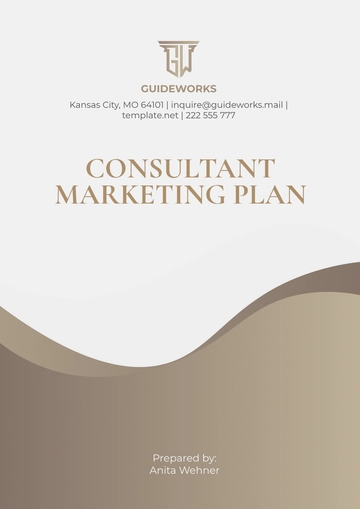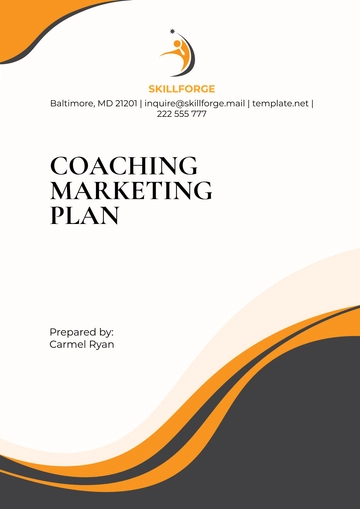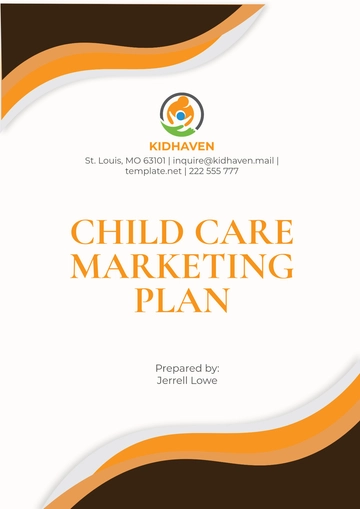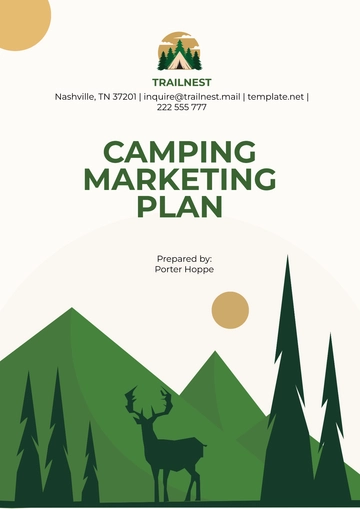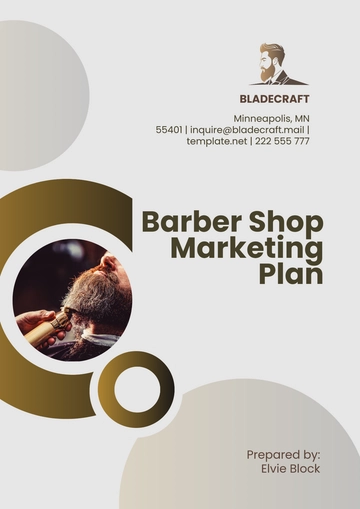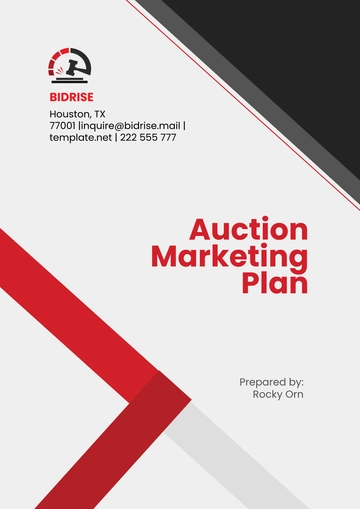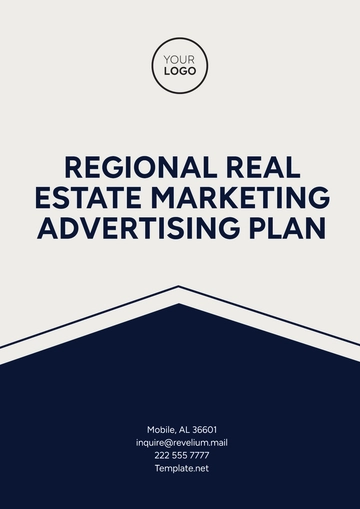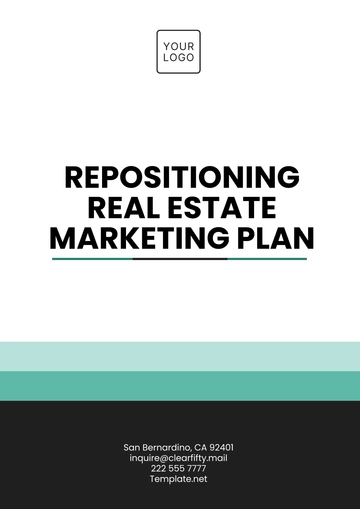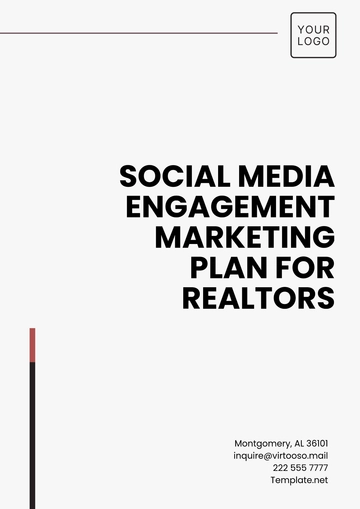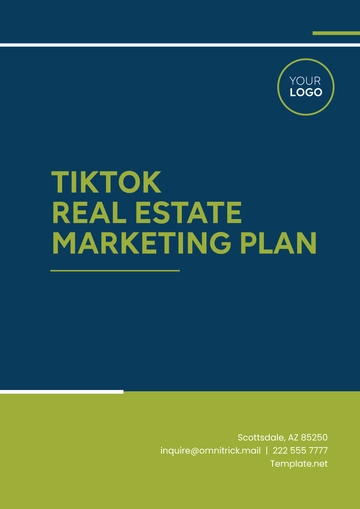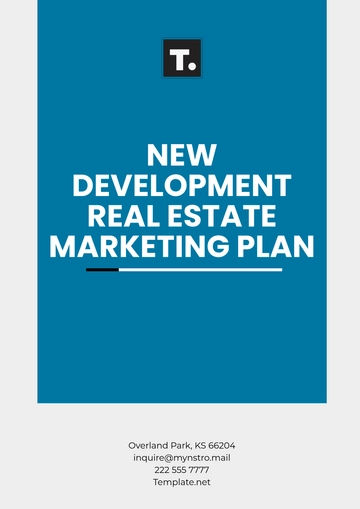Free Social Media Event Marketing Plan
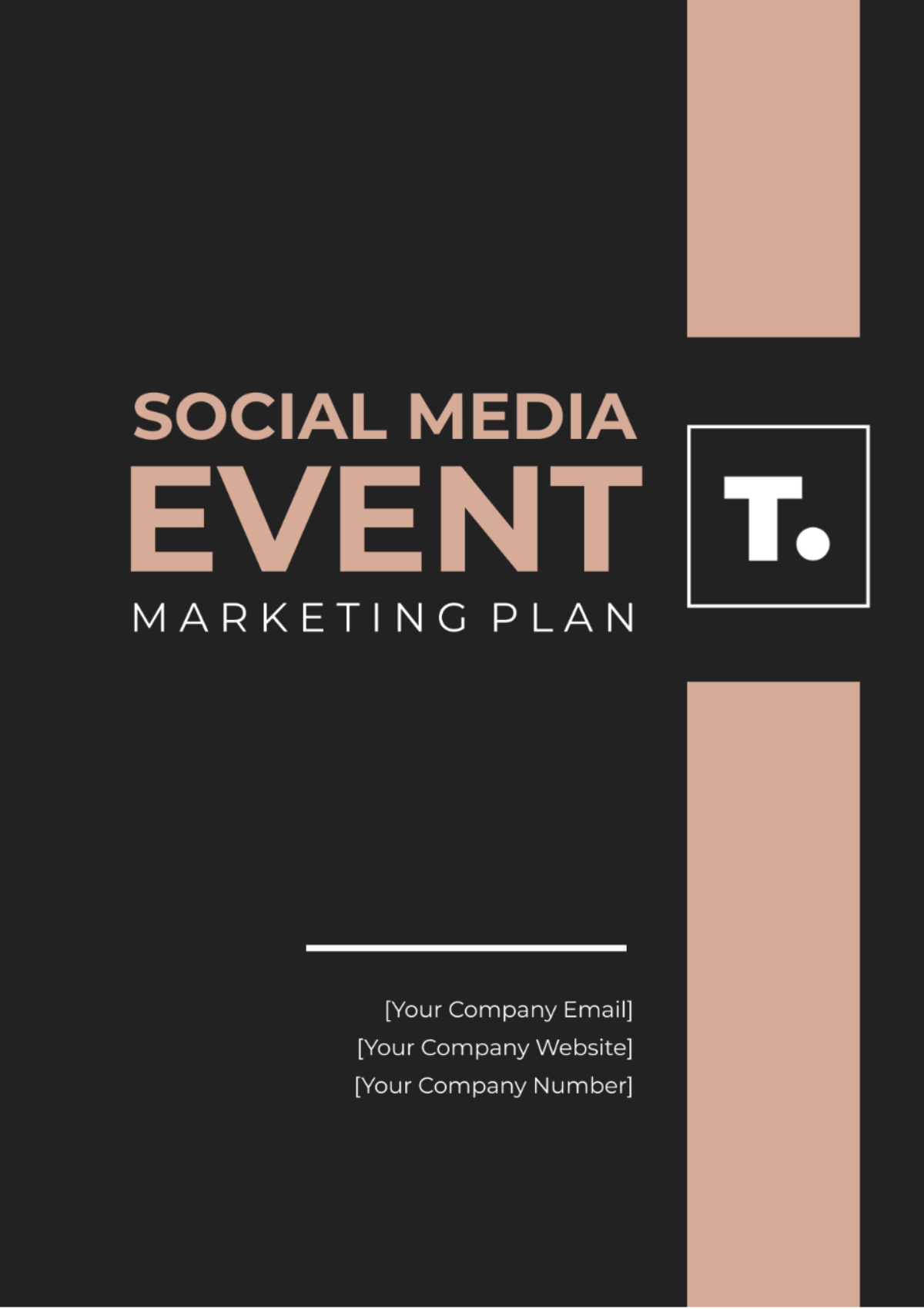
Marketing Plan
Prepared by: [YOUR NAME]
Company: [YOUR COMPANY NAME]
I. Introduction
This Social Media Event Marketing Plan outlines strategies to effectively promote the upcoming product launch event across various social media platforms. The event aims to unveil [Product Name], our latest innovation, to our target audience and create buzz and excitement around its launch.
II. Goals and Objectives
Increase brand visibility and awareness by reaching [Number] impressions on social media.
Drive [Percentage]% increase in event registrations or RSVPs compared to previous events.
Generate [Number] user-generated content pieces using the event hashtag.
Achieve [Total Number] sales conversions directly attributed to social media referrals post-event.
III. Target Audience
Demographic | Description |
|---|---|
Age | 25-40: Professionals and early adopters of technology |
Location | Urban areas |
Interests | Technology, innovation, digital marketing |
Online Behavior | Active on social media platforms, engaged in industry-related discussions |
Challenges/Pain Points | Seeking solutions to staying updated with the latest technology trends and networking for career advancement |
IV. Social Media Platforms
Platform | Target Audience | Strategy |
|---|---|---|
Professionals, Industry Influencers |
| |
Tech Enthusiasts, Visual Learners |
| |
Engaged Users, Trend Followers |
| |
Diverse Audience, Event Promotion |
|
V. Content Strategy
Our content strategy will include:
Teaser posts with intriguing visuals leading up to the event
Behind-the-scenes footage of the product development process
Exclusive sneak peeks and demos of [Product Name]
User-generated content contests
Live streams during the event for those unable to attend in person
VI. Hashtag Campaign
The official hashtag #InnovateWith[Product Name] will be utilized to unify conversations surrounding the event. Attendees and followers will be encouraged to use the hashtag when sharing event-related content, enabling us to track engagement and amplify user-generated content.
VII. Paid Advertising
Allocate a portion of the budget for paid social media advertising, targeting specific demographics and interests related to our target audience. Ad formats will include sponsored posts, carousel ads, and event promotion to drive traffic to the event page and increase registrations.
VIII. Performance Metrics
Key performance indicators (KPIs) for measuring the success of our social media event marketing efforts include:
Event registrations or RSVPs
Social media engagement metrics (likes, comments, shares)
Reach and impressions
Website traffic and conversions
Sales attributed to social media referrals
IX. Post-Event Follow-Up
Following the event, continue engaging with attendees and followers on social media. Share highlights, testimonials, and behind-the-scenes content from the event to prolong its impact and maintain audience interest. Additionally, gather feedback through surveys or polls to inform future event planning and product iterations.
X. Conclusion
By implementing this comprehensive social media event marketing plan, we aim to create a memorable and impactful product launch event that generates excitement, drives engagement, and ultimately contributes to the success of [Product Name] in the market. Through strategic content creation, influencer partnerships, paid advertising, and community management, we will maximize our reach and achieve our event objectives.
- 100% Customizable, free editor
- Access 1 Million+ Templates, photo’s & graphics
- Download or share as a template
- Click and replace photos, graphics, text, backgrounds
- Resize, crop, AI write & more
- Access advanced editor
Maximize your social media impact with the Social Media Event Marketing Plan Template from Template.net. This comprehensive tool allows you to map out event promotion strategies, engage audiences, and measure results seamlessly. Downloadable and printable, it facilitates effortless collaboration across teams. Editable in our AI Editor Tool, you can refine your plan to perfection, ensuring optimal social media event marketing success.
